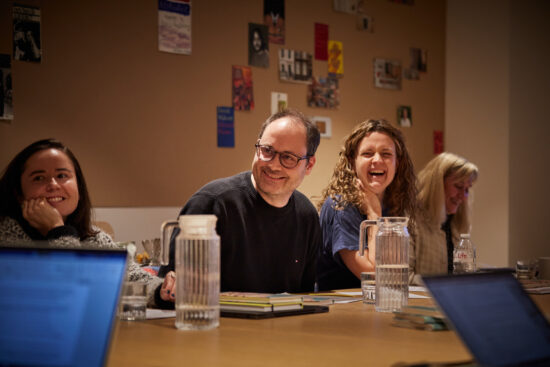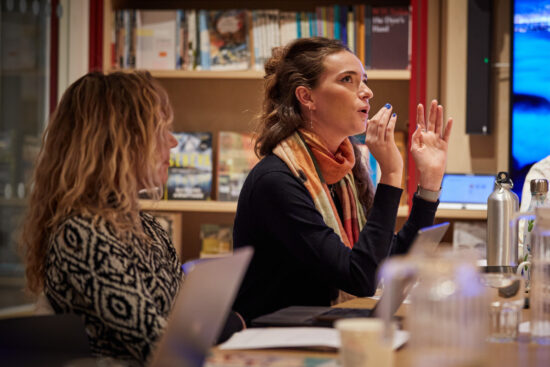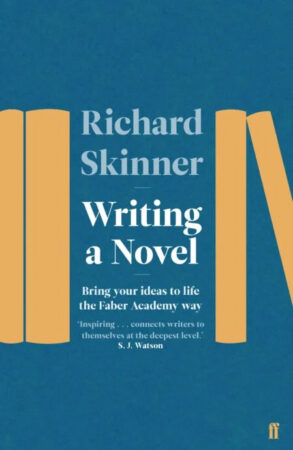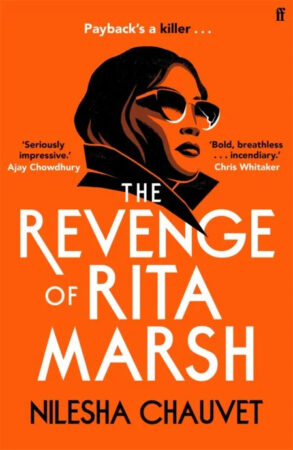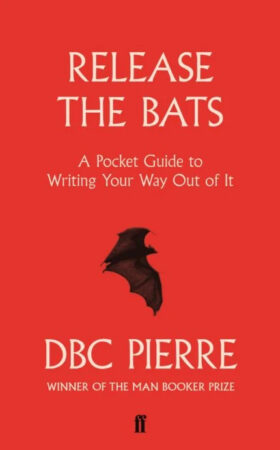


Writing Historical Fiction
Bring your historical fiction alive in this intensive twelve-week course with award-winning author Beth Underdown.
Level
What do these levels mean?
Location
Length
- Start Date
-
- Time
- Flexible (see Course Schedule)
Places available
£795
£200 / month for 2 months and a £395.00 deposit
£795
View payment options

Bring the past to life...
Find the skills and confidence to write your own historical fiction as we journey together into the strange land of the past. In this twelve-week course, we’ll look at the special techniques needed to develop historical plots, and to create characters who live and breathe for the reader. You’ll learn to confidently make choices about structure and narration; how to do research, and how to bring your research into your writing. With lots of practical advice and tools, you’ll learn everything you need to write and pitch a successful historical novel.
The course opens with a month of more intensive contact and community-building through Zoom sessions and a tutor meeting, including feedback on where you’re at with your writing now. In the second month, you’ll work more independently through the weekly themes, with time to take a deeper dive into your writing. The course wraps up with a final month of enhanced contact time, including a second chance for tutor feedback on your writing, as we come together to reflect on our progress. This course will not only give a big boost to your historical fiction writing, but leave you more confident to continue independently once the course is over.

Is this the right course for me?
This course is for anyone keen to get working on a piece of historical fiction. Perhaps you have an idea, but aren’t sure how to start working with it. Perhaps you’re stuck in the middle of a historical novel draft. Perhaps you don’t have a clear book idea yet, but just a strong interest in a particular time period or historical event. If any of these ring true, this course will be a good place for you.
You don't need to have taken any other courses, but you’ll get the most from the twelve weeks if you’ve tried some fiction writing already. For those with a story already in mind, the course is equally suited to those writing about real people/events and those writing a wholly invented story with a historical setting. By the end of the course, you’ll feel equipped and empowered to write onwards into your novel, and approach an agent with it when it’s finished.

The course lasts for twelve weeks and each new session will open on a Monday.
Alongside the four group Zoom meetings, you will meet your tutor for two additional 1-to-1 chats to discuss your ideas and a piece of the writing you'll work on during the course.

Course Programme
Session 1
Opens Monday 22 September 2025
Story & History, Week 1: Plot 1...
Session 2
Opens 29 September
Story & History, Week 1: Research ...
Session 3
Opens 6 October
Story & History, Week 1: Plot 2...
Tutor
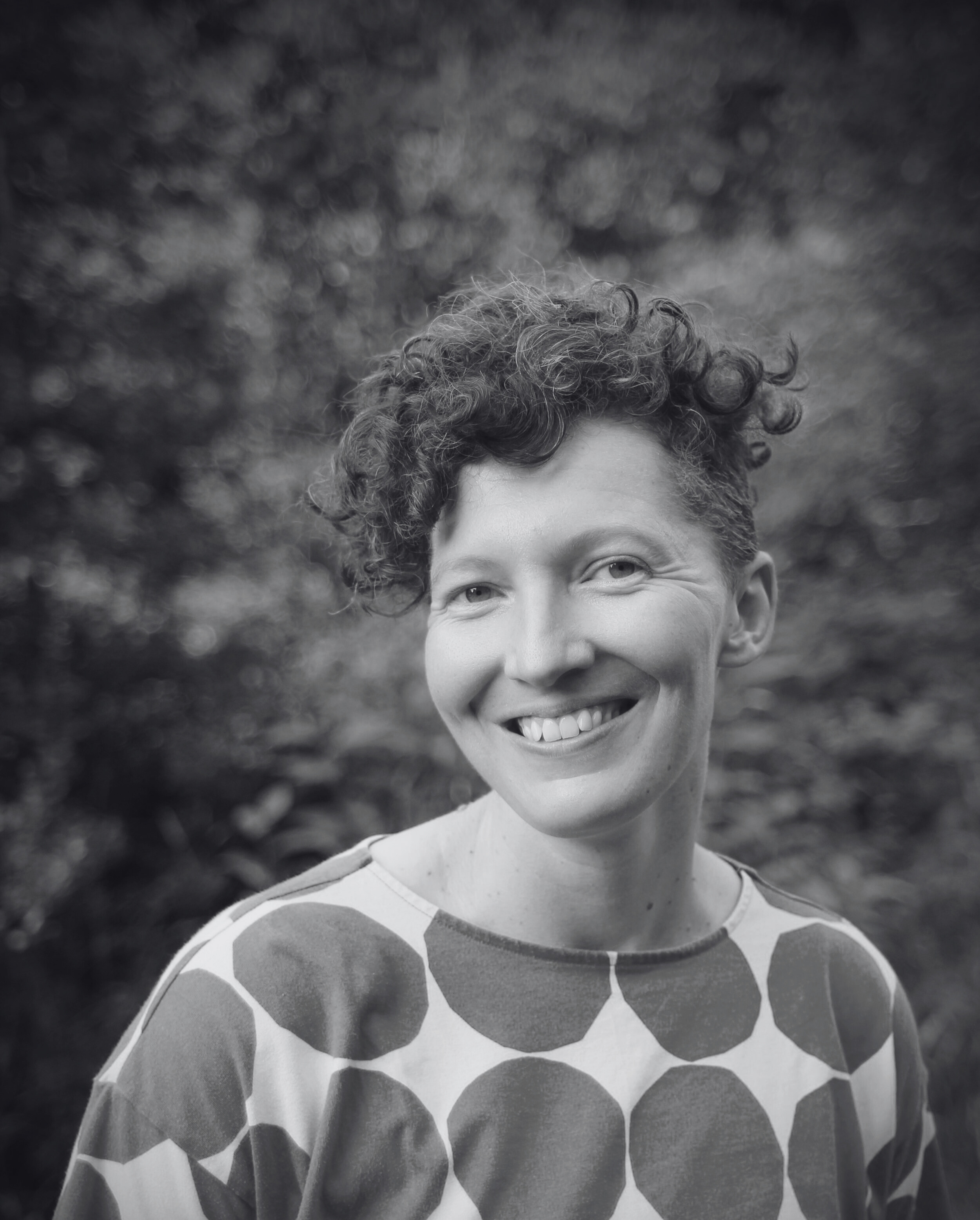
Beth Underdown
Beth Underdown was born in Rochdale in 1987. She studied at the University of York and then...
More About This Tutor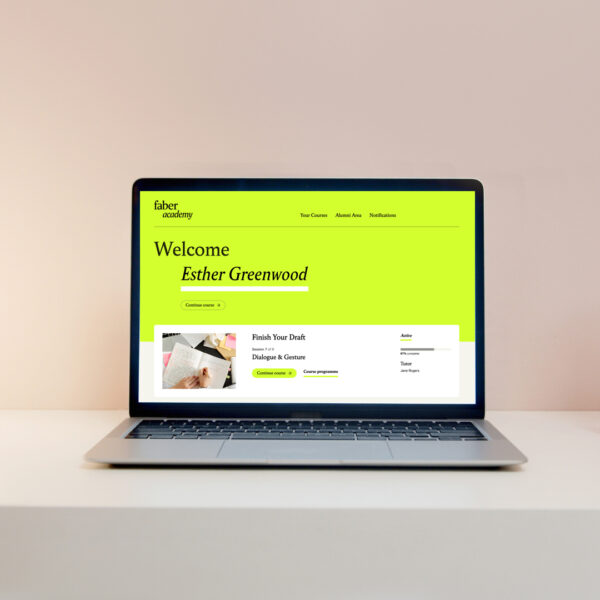
Location
Faber Academy's bespoke online classroom has been built from scratch specifically for helping writers develop their craft. Through this platform you will access your weekly sessions, watch video lessons, join any Zoom sessions, download class materials and interact with your fellow writers in dedicated forums at a time that suits you. Our online learning model prioritises interaction, lively discussion and workshopping in small groups to help you get the most out of your learning experience.
Beth became my writing mentor at a time when I was seriously thinking of giving up on writing altogether. It’s entirely thanks to her guidance that I’m now a Sunday Times bestselling author. Beth taught me to think and feel differently about writing historical fiction, viewing the past as a landscape genuinely inhabited by the characters of history rather than a mere series of events.
Browse the Reading Room
From author interviews and writing tips to creative writing exercises and reading lists, we've got everything you need to get started – and to keep going.
Recommendations from Faber

Founded in 1929 in London, Faber is one of the world's great publishing houses. Our list of authors includes thirteen Nobel Laureates and six Booker Prize-winners.
Visit Faber
